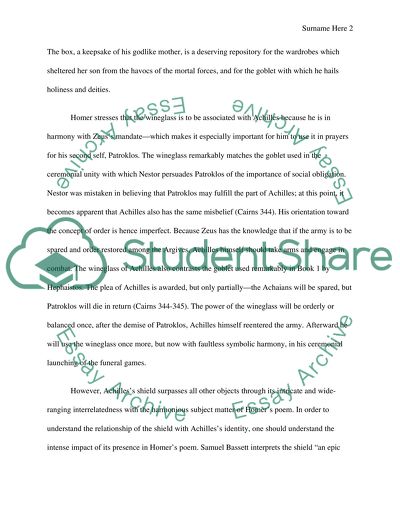Cite this document
(“The Great Shield of Achilless Identity Term Paper”, n.d.)
The Great Shield of Achilless Identity Term Paper. Retrieved from https://studentshare.org/literature/1490732-the-great-shield-of-achilless-identity
The Great Shield of Achilless Identity Term Paper. Retrieved from https://studentshare.org/literature/1490732-the-great-shield-of-achilless-identity
(The Great Shield of Achilless Identity Term Paper)
The Great Shield of Achilless Identity Term Paper. https://studentshare.org/literature/1490732-the-great-shield-of-achilless-identity.
The Great Shield of Achilless Identity Term Paper. https://studentshare.org/literature/1490732-the-great-shield-of-achilless-identity.
“The Great Shield of Achilless Identity Term Paper”, n.d. https://studentshare.org/literature/1490732-the-great-shield-of-achilless-identity.


